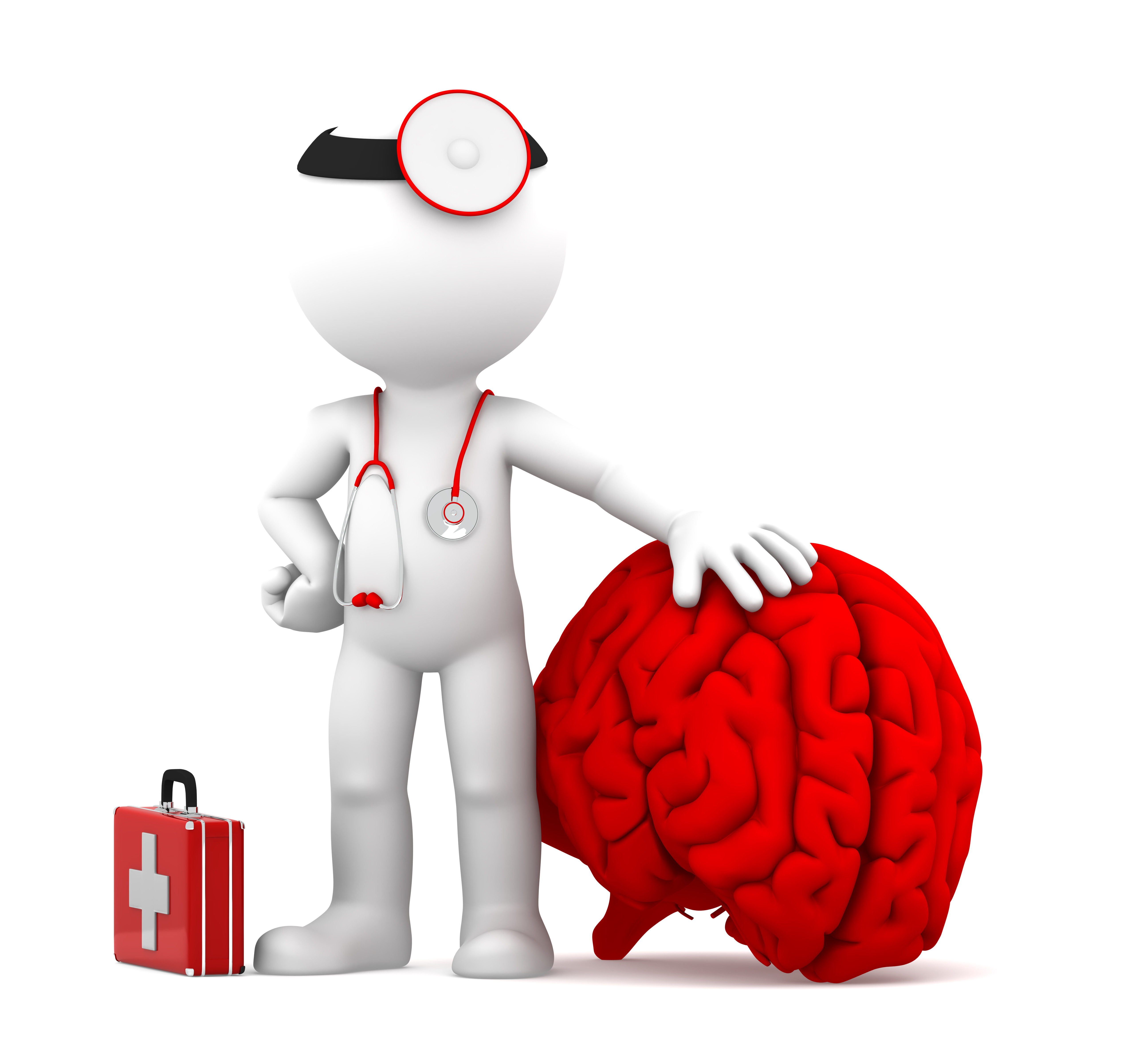metacognitive therapy (MCT)
Lesson 4
New therapy more effective than cognitive behavioral therapy for depression
A new therapy developed at The University of Manchester is better at treating depression than cognitive behavioral therapy—or CBT—seen as the gold standard by psychologists and health providers.
The study, published in Frontiers in Psychology, is the first full-scale randomized trial of metacognitive therapy (MCT), developed by Professor Adrian wells at Manchester, compared with CBT.
In the trial conducted in Copenhagen, CBT led to 52% recovery at the end of treatment while MCT led to 74% of patients recovered.
At six-month follow-up, 56% of patients receiving CBT were recovered; the figure was 74% in those who received MCT.
The findings could have major implications for the treatment of depression, which have remained unchanged for 40 years: only about 50% of people respond and a third recover at follow-up, according to published reviews.
Professor Wells said: "CBT has been the therapy of choice for many years in treating patients with major depression- with varying degrees of success.
"We don't know for sure why MCT might be more effective, but it is a method that has a solid scientific basis, grounded in the latest cognitive psychology. We're very excited about the results.
"The focus of the two treatments is different: MCT aims to change basic mental regulation processes that have become biased, whilst CBT aims to modify thought content and is based much more on clinical observation."
The patients in the trial were allocated to receive up to 24 sessions of CBT or 24 sessions of MCT; 174 patients were randomized to either CBT or MCT with 89 assigned to CBT and 85 assigned to MCT.
Treatment was delivered face to face with trained clinical psychologists. The average number of sessions delivered were 6.7 for CBT and 5.5 for MCT.
MCT training is offered by the metacognitive therapy institute UK to health specialists, and consist of eight two-day workshops combined with supervision of clinical cases.
It takes a similar amount of time to train someone in CBT.
Professor Wells added: "We think MCT may cost less than CBT but no formal analyses have been run on this to date. However MCT appears to give results more quickly so fewer sessions may be required.
"We do think MCT may be easier to use because it has a core set of principles that can be applied to many types of disorders and does not depend on reality-testing of different negative thoughts.
"Instead it helps patients to reduce the process of repetitive negative thinking and worrying."
Depression is the second largest cause of global disability and is a source of major personal suffering, loss of quality of life and risk. Antidepressant medications and psychological therapies are effective treatments. Of the available psychological therapies, cognitive behaviour therapy (CBT) is the most widely applied and studied. CBT is equal in effectiveness to Interpersonal therapy and is as effective in the short term as antidepressant medication, but appears to have an advantage over antidepressant medication over longer term follow-up.
Despite this, only approximately 50 per cent of patients clinically improve in CBT and considerable relapse following treatment is an issue. Thus, whilst CBT is the most strongly supported psychological treatment there have been no major advances in success rates for many years.
Quite the contrary, there is evidence that the efficacy of CBT for depression is declining. Some researchers have attempted to augment CBT with methods aimed at relapse prevention, namely mindfulness-based interventions. Preliminary indications are that this might reduce relapse, but only in patients who have suffered at least three depression episodes.
However, this does not address the modest initial response rate seen in CBT amongst depressed patients, an area that commands improvement. One potential advance may be a recent treatment that has proven highly effective in initial studies; metacognitive therapy (MCT).
Metacognitive therapy differs from CBT in targeting specific psychological processes that are involved in the control of thinking thus enabling patients to free themselves from rumination and worry; cognitive processes central to depression. Small studies have examined the effects associated with MCT in depression.
These suggest that MCT is associated with large reductions in depressive symptoms and that the gains are sustained over follow-up periods of 6–12 months. However, most of this evidence is from systematic case series and uncontrolled pre-post trials. In a waiting-list controlled trial of adults with depression, MCT was superior to the control condition with 80% of patients recovered at post-treatment and 75% recovered at six months follow-up.
In another small-scale study that compared MCT and CBT, both were equally effective on primary depression measured at post treatment and follow up. However, in a secondary analysis of these data patients who received MCT showed a superior outcome on measures of executive functioning at post treatment.
In a meta-analysis of anxiety and depression MCT was found more effective than no treatment control groups (g = 2.06) or CBT (g = 0.69)17. In summary, MCT appears promising and might offer a necessary advance in depression treatment, but there is insufficient evidence at present from adequately powered trials to assess the relative efficacy of MCT compared with CBT in depression.
The aim of the present study was to compare the effects of MCT against gold standard CBT in an appropriately powered trial of adult patients with major depressive disorder (MDD).
